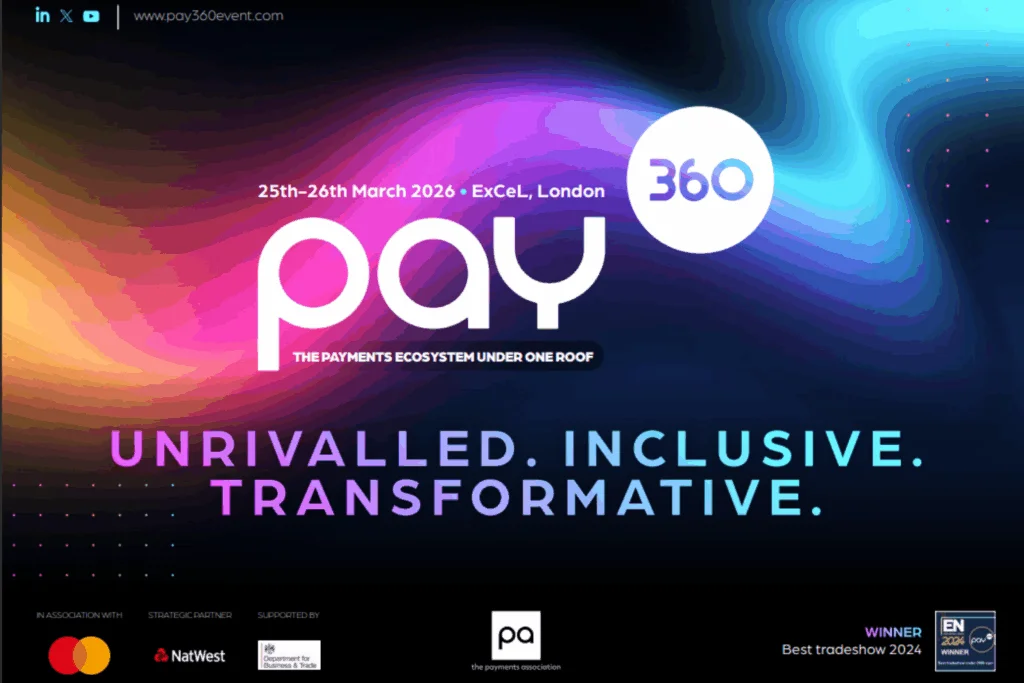The FinTech sector has made great strides in the recent years regarding equity, diversity, and inclusion, but more work is still required before we can declare the sector to be fully inclusive.
Diversity of representation and thought leadership within FinTech is vital not just because it is the right thing to do, but because it will create a more innovative and vibrant ecosystem which will in turn drive creativity of the products and services that suit the modern world, from millennials to GenZ and generations to come.
Understanding the various capacities and broader challenges of diversity is necessary for achieving inclusion and equity only then will we be able to provide more applicable and sustainable FinTech solutions globally. How can this be done?
Encouraging entrepreneurs from diverse backgrounds can address gender, cultural and ethnic divisions in the provision of financial services. Every individual in a FinTech company (or any company really) must contribute to establishing and developing an inclusive environment that resonates at every level to effect change. This will ensure that inclusive companies are better placed to attract talent, tap into new markets, and ultimately create innovative products in an environment that is welcoming.
Let’s talk about gender biases - financial services have long been perceived as a male-dominated sector, but within FinTech, opportunities have been given to women hence women are more visible than they have ever been. Today, almost 30% of the UK FinTech workforce is female. As we move towards gender equal representation, however, seeing more women in prominent senior roles will be crucial. As at 2021, ‘The Guardian’ reports that only 17% of senior roles in fintech are held by women, and only 12% of founders are female, though both these numbers are steadily growing.
It's important to realise that women are still underrepresented in FinTech, even though we work in a progressive industry supported by powerful female executives. Contradicting factual evidence would be to assert the opposite. Many attribute the persistent dominance of men in FinTech (particularly in senior roles) to the death of female employment applications. However, the fact that there are fewer women with the STEM backgrounds needed for most FinTech professions (just 13% of candidates taking these programmes are female) implies the issue is far more pervasive.
With regards minority and ethnicity biases, it is also worth mentioning that with the use of FinTech analytical tools like Artificial Intelligence and Big Data to determine future trends and products, this will enable diverse teams with a range of backgrounds and experiences to be better suited and placed in positions that assess the impact of biased algorithms and potential outcomes to solve different problems of the future. Therefore, in our opinion, Diversity and Inclusion is not just right for business, it’s the smart thing to do.
But what can be done to address these biases?
For starters, FinTechs must approach the diversity and inclusion drive with more progressive attitudes especially when it comes to recruitment e.g., reviewing job descriptions to ensure the language appeals to female applicants.
Secondly, for FinTech companies, entrepreneurs, and the financial industry as a whole, supplier diversity is essential. Supplier diversity refers to a supply chain that incorporates businesses owned by diverse individuals or groups (e.g., women owned, ethnic minority owned, disabled owned, charity owned, micro and small businesses) in order to create mutually beneficial relationships with suppliers from all walks of life reflecting the diverse communities and cultures we operate in.
At TechPassport for instance, at organisation level during onboarding, we simplify and speed up the onboarding process for suppliers and simultaneously find technologies for financial institutions tapping from a reservoir of diverse founded suppliers according to the solution being created in order to provide client centric and seamless solutions to all players of the financial industry.
At people level, our team comprises a mix of ethnicities and an equal gender balance and this is testament to TechPassport being the proud sponsor of FinTech Pride Week this year.
In summary, the fintech revolution is in vogue and we must all wake up and smell the coffee! To effect change, we must become active allies to create the change we want to see, and this starts now.
A key takeaway for anyone considering a career in FinTech is to go for it. Yes, there’s work to be done on forging greater equality, diversity, and inclusion but the work has begun, and solutions are underway.
The point is that the FinTech sector wants you and you will find yourself both welcomed and valued – as we all have at TechPassport!
